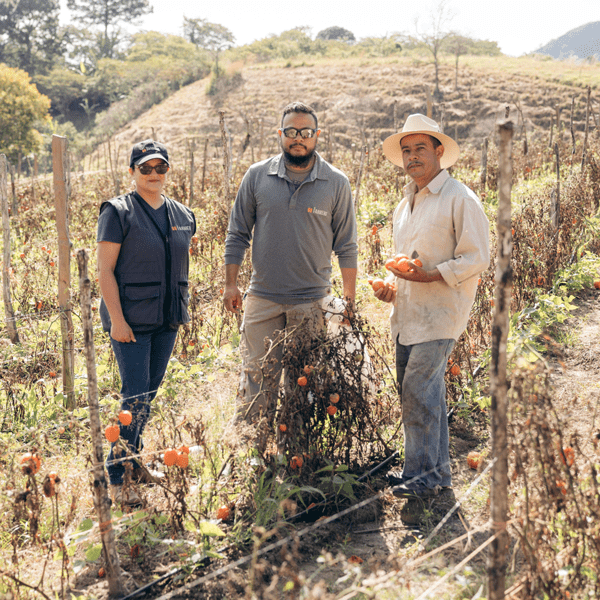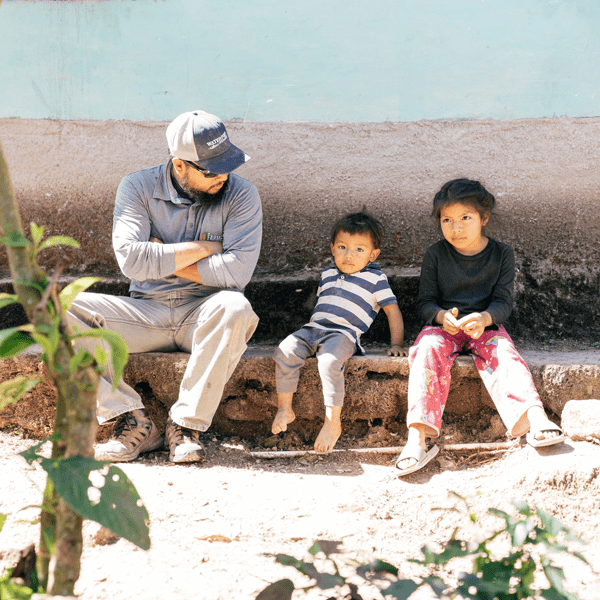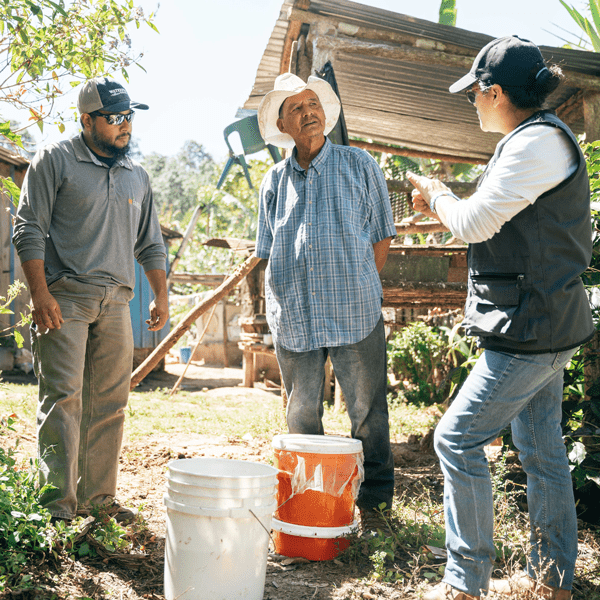The Smallholder
Of the 1.2 billion people living in poverty, 75% of them live in rural areas dependent on the agricultural production of plots less than 5 acres.
These rural subsistence farmers are also many of the world’s poorest, most challenged, and least food secure. Lack of access to basic farming know-how, investment capital and markets trap them in a cycle of low quality yields while the quality of their land worsens with malpractice. Despite their grit, humility, and creativity, these small farmers never seem to catch a break.
Subsistence farmers typically grow only enough food for their immediate families, yet often don’t meet even this meagre goal. The world as a whole now produces enough food to feed its entire population but challenges in economics, logistics, infrastructure and politics halt the transference of resources to those that need them.


Against the Odds
99 Farmers offers a 18 month training program that provides education on general farming best practice such as agricultural resilience, risk reduction and management, efficiency in water and irrigation management, asset management, diversification of crops, value-add to product and by-product, and logistics management.
Our BUILD program is centered around a cohort of 6-10 farmers who work together to learn, implement and sustain general best practices in farming. The cohort is led by an in-country farmer liaison and reviewed by expert farmers from along the CA-99. Graduates then move on to GROW.
A Vision for Farming
We believe there is something about the repeated toil of farming that is uniquely capable of crafting humans into beings of grit, humility, and creativity. Furthermore, these characteristics produced through agriculture are precisely what the developing world needs from its leaders.
The California Central Valley is one of the world’s most productive agricultural regions. The men and women of this valley have weathered storms and droughts, global market disruptions, government oversight, and economic instability. Through these challenges they have proven to be profoundly resilient, innovative, creative, and relentlessly committed to creating economic opportunity for their families and communities.
In the same way that farming families have impacted the Church and Christian Education in communities along the CA-99, we believe that with farm-technical training and discipleship, smallholder farmers in Honduras will too have the capacity for significant and immediate impact on their communities, churches, and schools.



